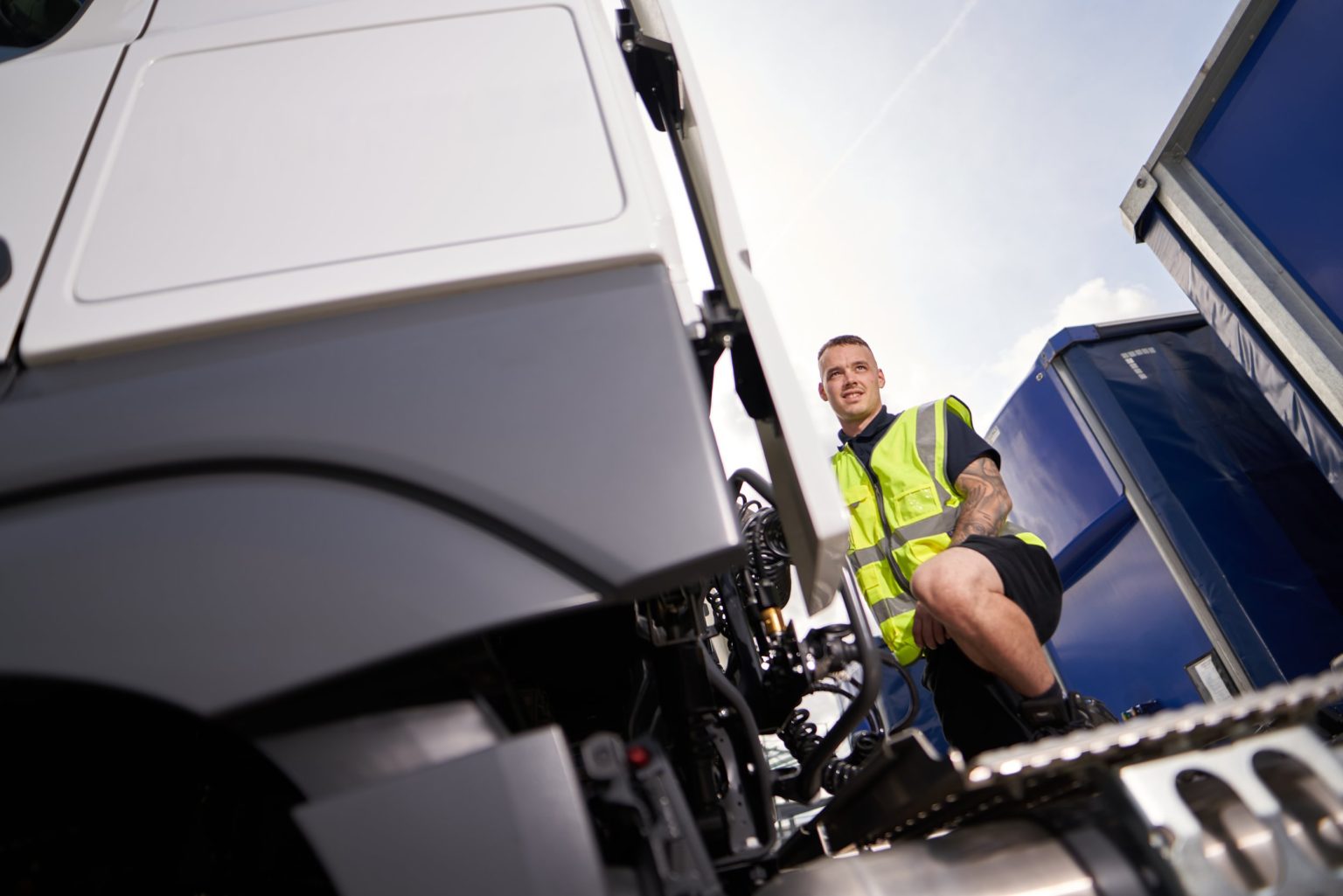More than half of UK businesses believe they will struggle to meet their net-zero targets, according to a new report. Research by supply chain partner Wincanton reveals that 66% of organisations feel under pressure to hit these goals, with 83% identifying logistics as a critical area for reducing carbon emissions.
The survey, which involved decision-makers from UK supply chain, transport, and logistics sectors, highlights the challenges firms face in cutting emissions in the lead-up to the government’s net-zero deadlines. Over half (54%) of businesses expressed doubts about their ability to meet the targets, citing high costs and concerns over the viability of alternative fuel technologies.
Paul Durkin, Wincanton’s Chief Customer and Innovation Officer, said: “Sustainability remains a priority for UK businesses, but they are not making the necessary progress in reducing emissions in supply chains. The gap between intent and action is largely due to cost pressures and the affordability of alternative fuel vehicles.”
The study also found that 80% of companies expect CO2 reductions in their logistics fleets to lead to higher costs. As a result, 66% of businesses have deprioritised their net-zero targets.
Despite this, some firms have seen progress, with 37% reporting cost reductions from emissions reduction efforts. However, only 25% believe alternative fuel vehicles will be affordable within the next four to six years.
Logistical challenges
According to the report, many businesses lack the knowledge or resources to optimise their fleets. Nearly 60% of respondents said they want to reduce their logistics fleet’s environmental impact but do not know how, while 42% admitted to being unsure of how to improve fleet efficiency. Over half (55%) of businesses said they are currently not reducing emissions.
In light of these challenges, 84% of businesses said they expect the government to take on a greater role in helping them reduce emissions.
Helen Flanagan, Wincanton’s EyeQ Product Director, stressed the importance of improving fleet efficiency: “Last year, almost a third of vehicle kilometres travelled by HGVs were empty, leading to high emissions and costs. Technology can help businesses collaborate and reduce wasted capacity.”
The report also emphasised the role of collaboration in improving sustainability. Two-thirds (65%) of survey respondents agreed that working together would be crucial to the future of logistics. However, 28% expressed concerns about finding partners to collaborate with, and 26% highlighted a lack of internal resources for managing such projects.
Wincanton’s report, Share the Road to Sustainability, explores strategies to optimise fleets, reduce emissions, and cut costs, offering insights for businesses struggling to align with net-zero goals.
Find out more: https://go.wincanton.co.uk




